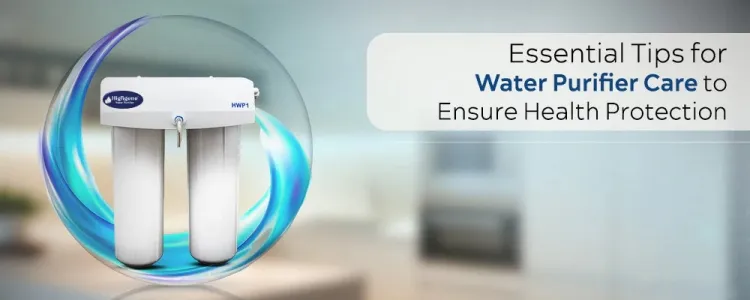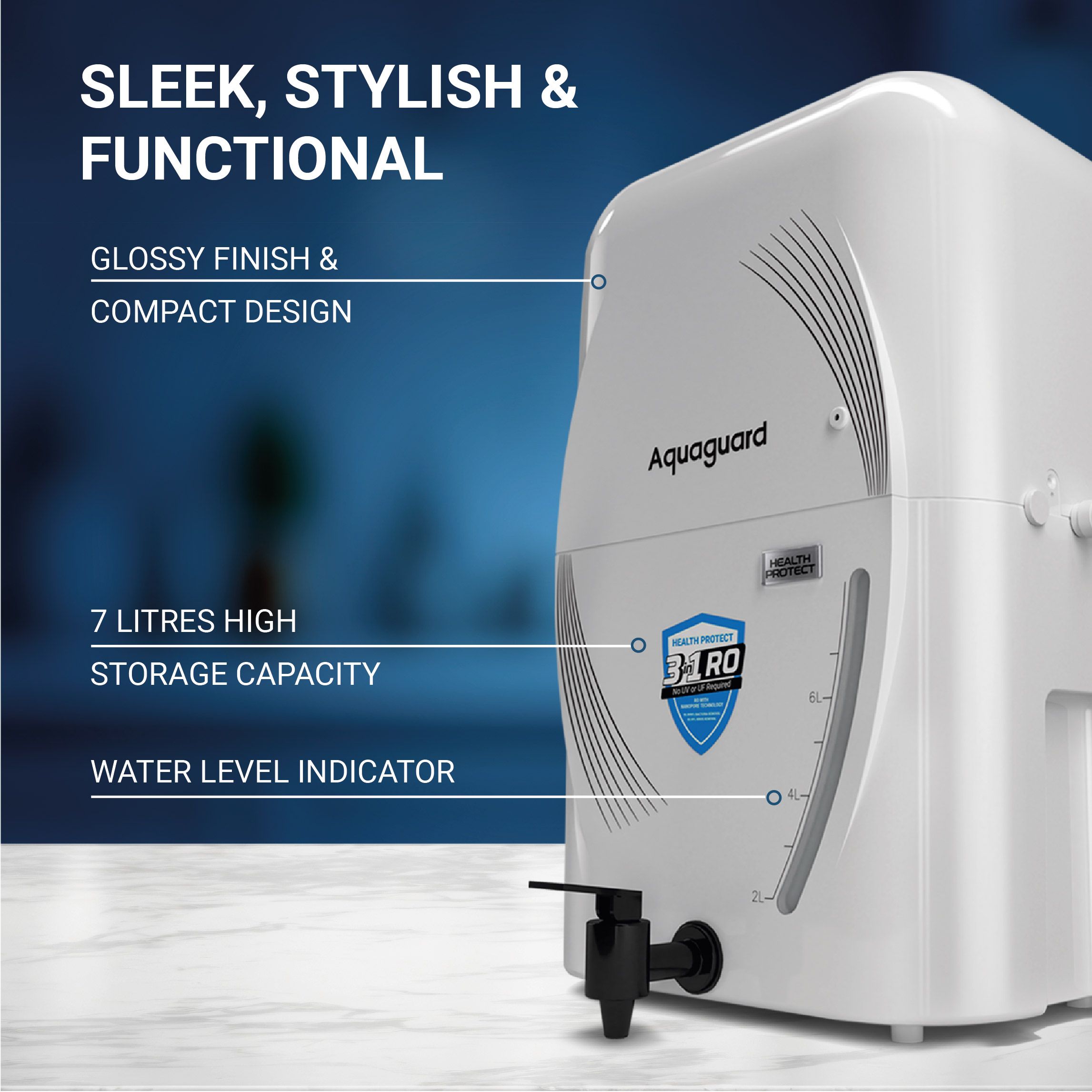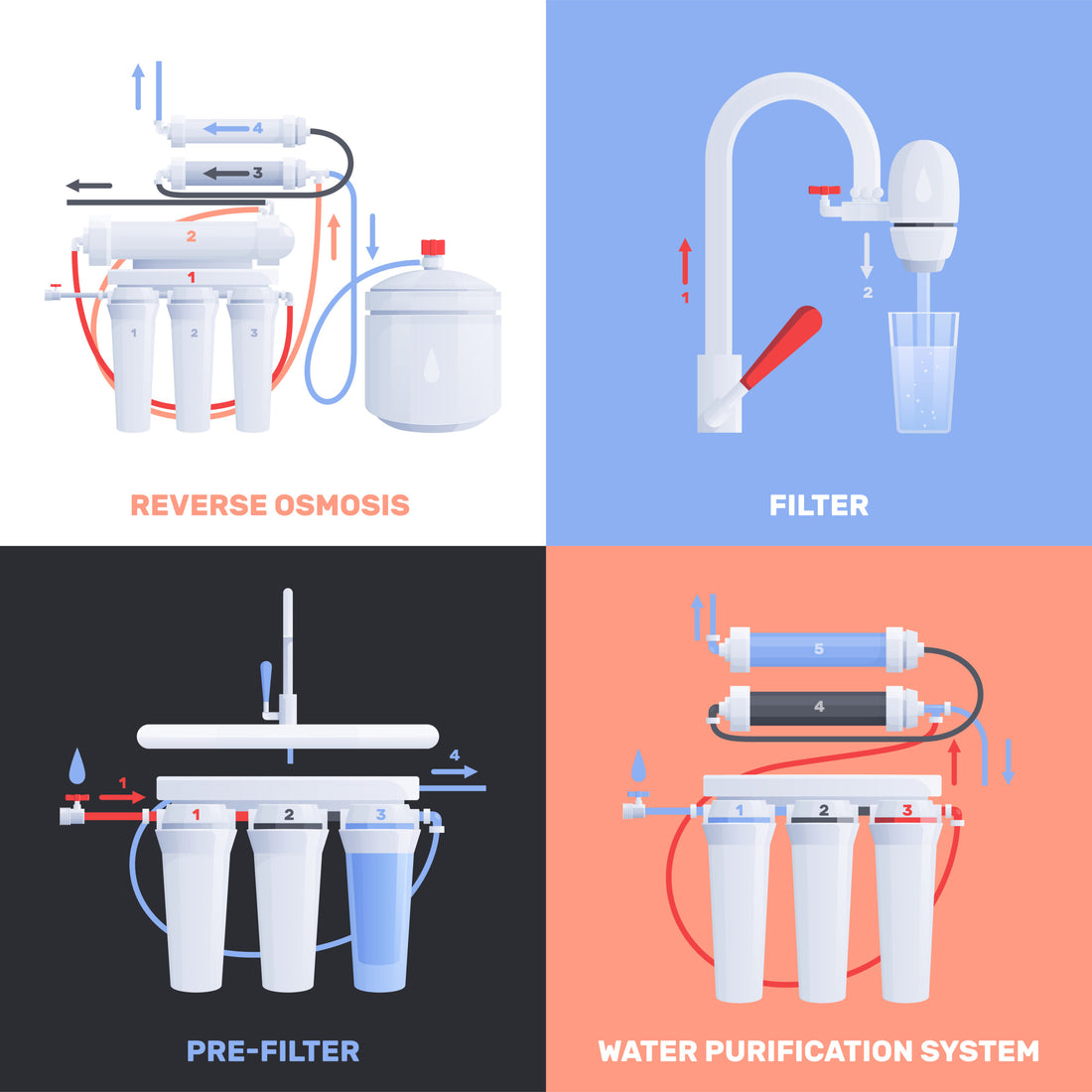Water Purifiers: Ensuring Health and Safety...!!!
Water purifiers are essential tools for ensuring access to safe and clean drinking water. They offer numerous benefits, including improved health, environmental sustainability, and cost savings. With various types of water purifiers available, individuals and communities can choose the most suitable option based on their specific needs and water quality concerns.

Water is essential for life, but access to clean and safe drinking water remains a challenge in many parts of the world. Water purifiers play a crucial role in addressing this challenge by providing safe drinking water, free from contaminants.
Importance of Water Purifiers
Water purifiers are devices designed to remove impurities from water, making it safe for consumption. They are essential for ensuring that the water we drink is free from harmful contaminants such as bacteria, viruses, chemicals, and heavy metals. The importance of water purifiers can be understood through the following points:
1. Health and Safety:
-
Removal of Contaminants: Water purifiers remove a wide range of contaminants, including pathogens, heavy metals, and chemicals. This ensures that the water is safe to drink and reduces the risk of waterborne diseases such as cholera, dysentery, and typhoid.
-
Improved Taste and Odor: By removing impurities, water purifiers enhance the taste and odor of drinking water. This makes it more palatable and encourages people to drink more water, contributing to overall health and hydration.
2. Environmental Benefits:
-
Reduction of Plastic Waste: Using water purifiers reduces the reliance on bottled water, thereby decreasing plastic waste. This is a significant environmental benefit, as plastic pollution is a major global concern.
-
Sustainable Resource Management: Water purifiers enable the use of available water sources, reducing the strain on natural water resources. This promotes sustainable water management and conservation.
3. Convenience and Cost-Effectiveness:
-
Easy Access to Safe Water: Water purifiers provide a convenient solution for accessing safe drinking water at home, work, or school. This eliminates the need to purchase bottled water or boil water for safety.
-
Cost Savings: Over time, using a water purifier is more cost-effective than continuously buying bottled water. It also reduces the energy costs associated with boiling water for purification.

Types of Water Purifiers
Water purifiers come in various types, each employing different technologies to purify water. Some of the common types include:
1. Reverse Osmosis (RO) Purifiers:
-
Technology: RO purifiers use a semi-permeable membrane to remove dissolved salts, heavy metals, and other impurities from water. The process involves applying pressure to force water through the membrane, leaving contaminants behind.
-
Uses: RO purifiers are ideal for areas with high levels of dissolved solids and contaminants. They are commonly used in households and industries to ensure safe drinking water.
2. Ultraviolet (UV) Purifiers:
-
Technology: UV purifiers use ultraviolet light to kill bacteria, viruses, and other pathogens present in water. The UV light penetrates the microorganisms' cells, disrupting their DNA and rendering them harmless.
-
Uses: UV purifiers are effective for disinfecting water and are often used in combination with other purification methods to enhance water quality.
3. Activated Carbon Purifiers:
-
Technology: Activated carbon purifiers use carbon filters to adsorb impurities, including chlorine, pesticides, and organic compounds. The porous nature of activated carbon allows it to trap contaminants effectively.
-
Uses: These purifiers are commonly used to improve the taste and odor of water by removing chemical contaminants. They are often used as pre-filters in combination with other purification technologies.

4. Gravity-Based Purifiers:
-
Technology: Gravity-based purifiers use sediment filters, activated carbon, and other filtration media to purify water without the need for electricity. Water flows through the filters by gravity, removing impurities in the process.
-
Uses: These purifiers are suitable for areas with limited access to electricity and are often used in rural and remote locations.
Benefits of Using Water Purifiers
1. Health Benefits:
-
Prevention of Waterborne Diseases: By removing harmful pathogens and contaminants, water purifiers reduce the risk of waterborne diseases. This is especially important for vulnerable populations such as children, the elderly, and immunocompromised individuals.
-
Improved Digestive Health: Clean water promotes better digestive health by preventing the ingestion of harmful microorganisms and chemicals. This leads to fewer gastrointestinal issues and overall well-being.
2. Environmental Benefits:
-
Reduction in Carbon Footprint: Using water purifiers reduces the need for bottled water, which in turn decreases the carbon footprint associated with the production, transportation, and disposal of plastic bottles.
-
Sustainable Water Use: Water purifiers enable the use of local water sources, reducing the need for long-distance water transportation and promoting sustainable water use.
3. Economic Benefits:
-
Cost Savings: Investing in a water purifier is cost-effective in the long run, as it eliminates the need to purchase bottled water or rely on other expensive water treatment methods.
-
Increased Productivity: Access to clean water improves overall health, leading to increased productivity and reduced absenteeism due to waterborne illnesses.
Water purifiers are essential tools for ensuring access to safe and clean drinking water. They offer numerous benefits, including improved health, environmental sustainability, and cost savings. With various types of water purifiers available, individuals and communities can choose the most suitable option based on their specific needs and water quality concerns. Embracing the use of water purifiers contributes to a healthier and more sustainable future for all.
What's Your Reaction?

















